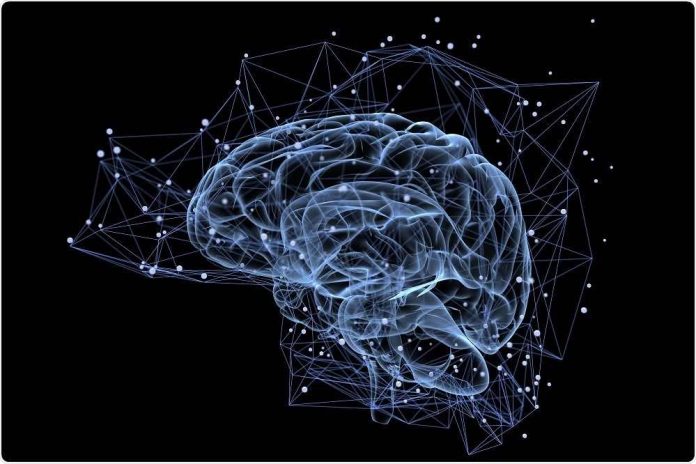Diagnosing Chronic Traumatic Encephalopathy (CTE) during life is crucial for developing therapies and for determining how common the disease is among individuals exposed to repetitive head impacts from contact sports, military service and physical violence.
While the ability to diagnose CTE prior to death has remained elusive, researchers from Boston University School of Medicine (BUSM) for the first time have shown that progressive memory loss and issues with executive function, the ability to focus, follow directions, and problem-solve, are more useful for predicting CTE pathology than mood and behavior symptoms.
CTE is a progressive brain disease. Clinically, impulsivity, explosivity, depression, memory impairment and executive dysfunction have been reported to occur in the disease.
“This study significantly advances our understanding of how to diagnose CTE in life, suggesting progressive memory and executive function symptoms are particularly valuable for predicting CTE pathology,” explained corresponding author Jesse Mez, MD, MS, director of the Boston University (BU) Alzheimer’s Disease Center Clinical Core and a BU CTE Center Investigator.
In 2014, criteria for traumatic encephalopathy syndrome (TES) were proposed for use in clinical research settings to diagnose CTE in life. In an effort to assess the reliability and diagnostic validity of TES criteria, a team of clinicians interviewed family members of 336 brain donors exposed to repetitive head impacts from contact sports, military service and/or physical violence who were at risk for CTE. Neuropathologists then evaluated the brains for CTE pathology. An expert panel of clinicians then determined whether (TES) criteria (i.e. proposed criteria to diagnose CTE in life) were met. They found when individual TES criteria components were assessed, cognitive symptoms, but not mood/behavior or motor symptoms, were significantly associated with CTE pathology.
According to Mez, this study moves the field closer to being able to diagnose CTE in life rather than exclusively after death, as is currently the case. “Our study provides doctors with information about which symptoms are most predictive of CTE pathology,” he adds.
While having reliable and valid criteria to diagnose CTE in life will improve patient care and accelerate the development of effective therapies, Mez points out that the criteria did not perform well enough to be immediately moved to the clinic. However, these findings were used by an international team of experts to develop improved TES criteria.








